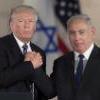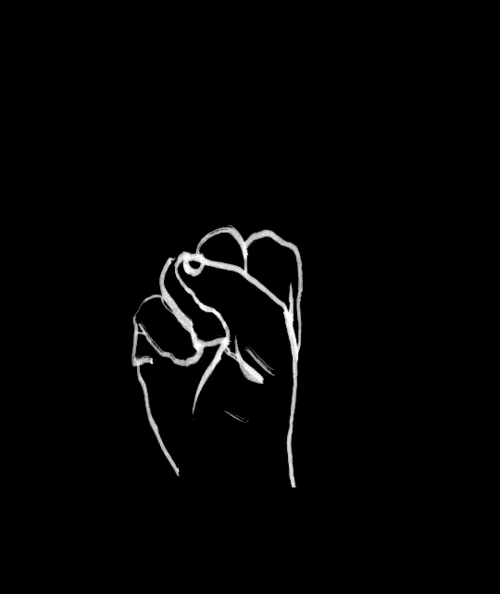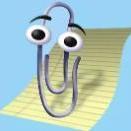People were interested in these podcasts
Play Episode
30min
Patriots Daily Podcast
Brandon Thorn on Patriots Potentially Drafting Will Campbell at 4
CLNS Media’s Taylor Kyles and SI’s Mike Kadlick welcome “Check The Mic” pod’s Steve Palazzolo to the show for a look at the Patriots’ acquisitions over the first wave of free agency, and where they could potentially turn next.
0:00 - Guest introduction
2:15 - Patriots' improvements
3:50 - Free agency strategies
5:27 - Favorite signing
10:29 - Luck and quarterback
12:00 - Rookie QB flexibility
14:06 - Patriots' offensive spending
15:55 - Comparing receiver situations
17:28 - DK Metcalf trade
19:11 - Patriots' receiver options
23:00 - Concerns with older receivers
24:42 - Tackles in the draft
26:22 - Player transition risks
28:02 - Patriots breakout candidates
30:01 - Defensive breakout potential
33:39 - Best case scenario
Join Patriots Press Pass' channel membership to get access to our BONUS content:
https://www.youtube.com/channel/UCqX7G3pEDTseNxtoDU27PEg/join
🔥 LIKE & SUBSCRIBE for the latest Patriots updates! #Patriots #NFLFreeAgency #NFL #PatriotsNews
************************************************
Patriots Daily Brought to you by....
💰 Prize Picks - https://prizepicks.onelink.me/LME0/CLNS
Download the app today and use Code CLNS at PrizePicks.com/CLNS & Get $50 instantly when you play $5!
Learn more about your ad choices. Visit megaphone.fm/adchoices
The Movie Roulette Podcast
Episode 45 - Mallrats
Send us a textWelcome to season 3 of TMRP! Before we get into the episode, I've got two things to tell you. One: I don't like you. I see you every week in this mall. I don't like you shiftless layabouts. You're one of those loser mallrat kids. You don't come to the mall to shop or work. You hang out all day, act like you live here. Well, I have no respect for people with no shopping agenda. Two: you get to see Joey Lawrence’s tits in this movie (WHOA!). Now, Join us down in the food court as we discuss… Mallrats! Say, would you like a chocolate covered pretzel?Follow Us Everywhere and Anywhere You Do You Social Medias Stuff: Instagram: https://www.instagram.com/themovieroulettepodcastTikTok:https://www.tiktok.com/@themovieroulettepodcastFacebook: https://www.facebook.com/themovieroulettepodcastYouTube: https://www.youtube.com/@TheMovieRoulettePodcastSupport the showFollow Us Everywhere and Anywhere You Do You Social Medias Stuff: Instagram: https://www.instagram.com/themovieroulettepodcastTikTok:https://www.tiktok.com/@themovieroulettepodcastFacebook: https://www.facebook.com/themovieroulettepodcastYouTube: https://www.youtube.com/@TheMovieRoulettePodcast
Hoopsology
Why the Wizards’ Future is Brighter Than You Think – With Wizards Announcer Dave Johnson
In this exclusive Hoopsology interview, Justin and Matt sit down with Washington Wizards radio play-by-play announcer Dave Johnson to discuss why the Wizards’ future is brighter than it seems, despite their current record. Dave shares insider analysis on the team’s rebuilding process, young talent, and what fans should be excited about moving forward.
We also dive into the art of calling NBA games on the radio vs. TV, how storytelling and vivid descriptions bring the game to life for listeners, and Dave’s most unforgettable moments from his decades-long career. Plus, he takes us behind the scenes of calling Michael Jordan’s final games in the NBA.
🔔 Subscribe for more in-depth NBA interviews and analysis!
👍 Like, Comment & Share if you love basketball!
Hoopsology is presented by Ballislife.
Email: Hoopsologypod@gmail.com
#NBA #WashingtonWizards #WizardsNation #Basketball #NBATalk #SportsPodcast #MichaelJordan #NBABroadcasting #Mavs #Lakers
Learn more about your ad choices. Visit megaphone.fm/adchoices
The Play-By-Play
NBA negativity, Caitlin Clark's TIME interview, Bill Belichick to UNC
Sports media is overwhelmingly negative about the NBA. Conservatives take issue on Caitlin Clark's TIME Athlete of the Year interview. Bill Belichick is going to coach for the Tar Heels. Awful Announcing's Ben Axelrod and Brendon Kleen discuss these topics and more on the latest episode of The Play-By-Play.Time Stamps:-1:00: Negativity from sports media world on NBA-27:17: Bill Belichick going to UNC-36:06: Mike Florio suggesting Bears trade for Kyle Shanahan-41:18: College football calendar issues-45:53: Caitlin Clark’s Time interview reactions-54:11: Dave Pasch profile-56:17: Aaron Rodgers’ Netflix docuseriesYou can subscribe to The Play-By-Play wherever podcasts are found. Please subscribe, rate and review!Download The Play-By-Play:Listen on AppleListen on SpotifyAwful Announcing on XAwful Announcing on FacebookAwful Announcing on InstagramAwful Announcing on ThreadsAwful Announcing on BlueSkyAwful Announcing on LinkedIn Hosted on Acast. See acast.com/privacy for more information.
-
-
-
-
Popular Now
-
-
Tell a friend
-
-
Most viewed in last 30 days
-

-

-

-

-

-

-

-

-

-

-

-
.thumb.jpg.ce42bb16ec102475a78c2087ce269c7d.jpg)
-

-
 60
6011_MohanReddy · Started
-

-

-

-

-

-

-


Recommended Posts
Join the conversation
You can post now and register later. If you have an account, sign in now to post with your account.